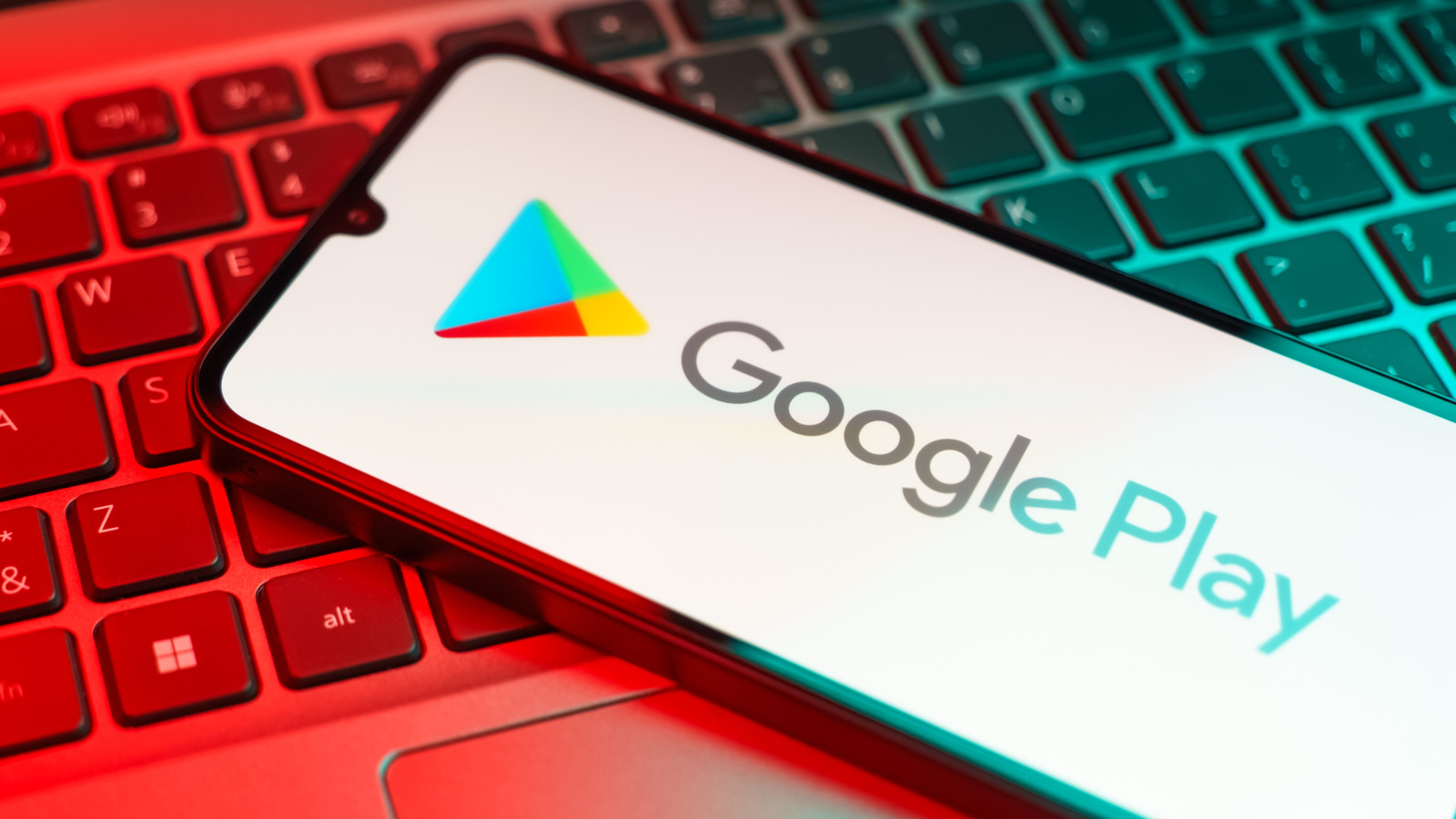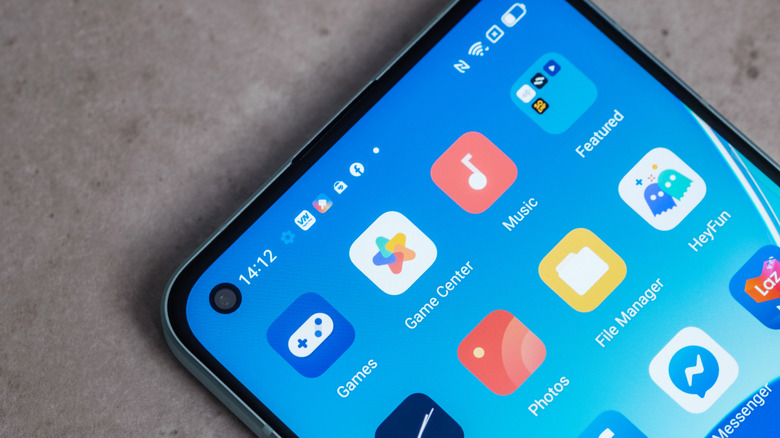Starting next year, Google will push what might be a controversial change (depending on who you ask), and it affects the process of installing apps on Android devices. For years, Android users have been able to side-load tons of different apps not available on the Google Play Store. This has long been one of the most applauded features of Android’s “openness” compared to Apple’s more “walled garden” approach, particularly when users switch from Android to iPhone and vice versa. However, that will change in 2026.
On August 25, Google announced changes to how many Android devices can install third-party apps, including those not from the official Play Store. Instead of allowing devices to install any app from anywhere, the company will now require developers to get their app verified through Google in order for Android users to download it. This won’t apply to all Android devices, though — only those that are certified, meaning they come with Play Protect and Google Play Store apps already installed.
While the move is technically better for security, especially with all of the scams and malware hijinks we’ve seen tied to Android apps over the years, it also means that third-party apps will be just a bit less accessible, as some developers may not want to verify. Still, the benefits could outweigh the cost.
Why is Google making this change?
This change takes away the potential for anonymity that came with publishing apps on alternative stores. While Google denies that it’s making this change in order to force developers to abandon third-party app stores, not everyone is buying the “security” explanation. For starters, one piece of data that Google is using to push this move is a survey that it conducted itself. It says users were exposed to “over 50 times more malware from internet-sideloaded sources than on apps available through Google Play.” As such, the company hopes that requiring developer verification — which the Play Store has required since at least 2024 — will allow less malware to slip through.
Strictly speaking, it’s entirely possible that will be the case. However, despite these verification requirements, Google continues to see a large number of malware-ridden apps reach the Play Store. In fact, in August 2025, security researchers at Zscaler reported on another wave of malware-infested apps that have since been removed from the Play Store. There are also security issues with non-Play Protected devices.
So, while this change may technically provide Android users with a more secure way forward, it also means less control over what apps they can install if they’re affected by the change. There’s no guarantee that all developers will go through the verification process, which requires them to provide their legal name, email, address, and phone number.












